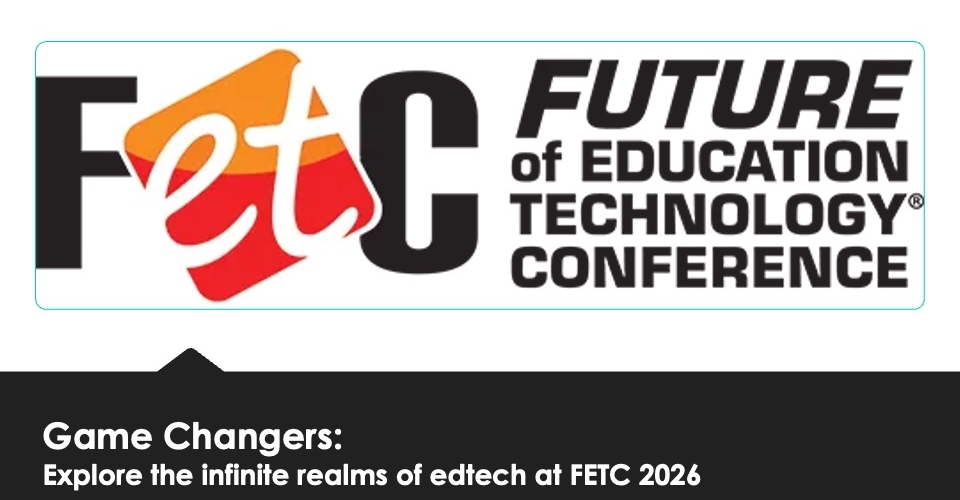Culture war controversies stirred up in schools by conservative activists “fell flat” with voters in the midterm elections, new NEA polling shows. Voters outside the conservative base were more concerned about student safety, education funding and fending off attempts to ban books, the National Education Association reports.
Indeed, voters went to the polls to support their neighborhood schools and teachers. Most were seeking solutions to the real challenges schools, educators, and students face and less interested in “manufactured outrages designed to divide,” the teachers union asserts.
“[Voters] supported leaders who have focused on investing in our schools, partnering with educators and parents to help all students, and supporting working families,” NEA President Becky Pringle said. “Conversely, parents and voters explicitly rejected extreme politicians who engaged in the politics of division, politicizing our classrooms, banning books, dragging their culture wars into our public schools, and pushing failed privatization schemes.”
Some 57% of voters have very positive feelings toward their neighborhood schools compared to 18% of those who hold unfavorable views. Teachers are even more popular, enjoying a 65% favorability rating, the NEA found. On the other hand, voters who support critical race theory were just as motivated to vote as the concept’s more outspoken opponents.
And candidates who ran on eliminating “woke” curriculums and giving parents control over educators failed to sway mainstream Americans, generating enthusiasm only among the most conservative voters, the union asserts. “In 2022, voters rejected right-wing efforts to drive a wedge between educators and parents, as pro-public education candidates won up and down the ballot,” it said.
Public education supporters won several of the competitive gubernatorial races, including in Arizona, Michigan, Minnesota, Pennsylvania, and Wisconsin. They were also victorious in over 70% of the school board races tracked by NEA.
FETC 2023
The Future of Education Technology® Conference takes place live and in-person Jan. 23-26, 2023, in New Orleans. Register now!
Here are the top education concerns cited by voters:
- School shootings (60%)
- Objective teaching of U.S. history, including slavery, the civil rights movement and Native American history (55%)
- Lack of school funding (55%)
- Politically motivated book bans (55%)
- Lack of support for students who fell behind academically during the pandemic (54%)
- Low teacher salaries and the impact on staffing shortages (54%)
School vouchers, parental control over the books assigned to students, and too much teaching of the “negative” side of U.S. history landed at the bottom of this list, with each being cited by less than 40% of voters.
“Overall, the 2022 election demonstrated widespread support for public schools and an acknowledgment of the struggles they face—including crippling educator shortages, which are only being exacerbated by these relentless attacks by politicians and their extreme positions,” the union says.
More from DA: Politics and payroll problems—Why superintendents are stepping down this week



